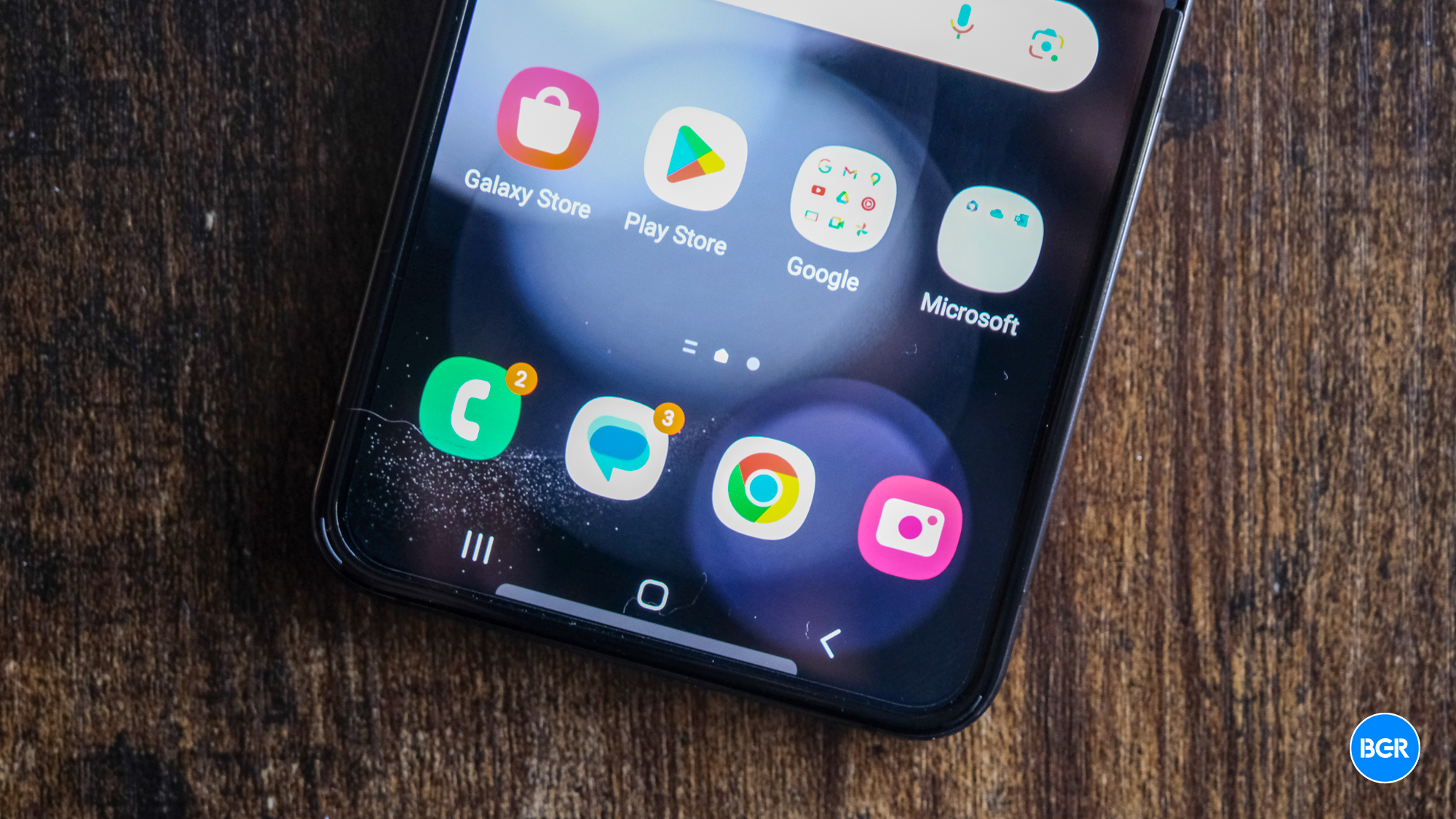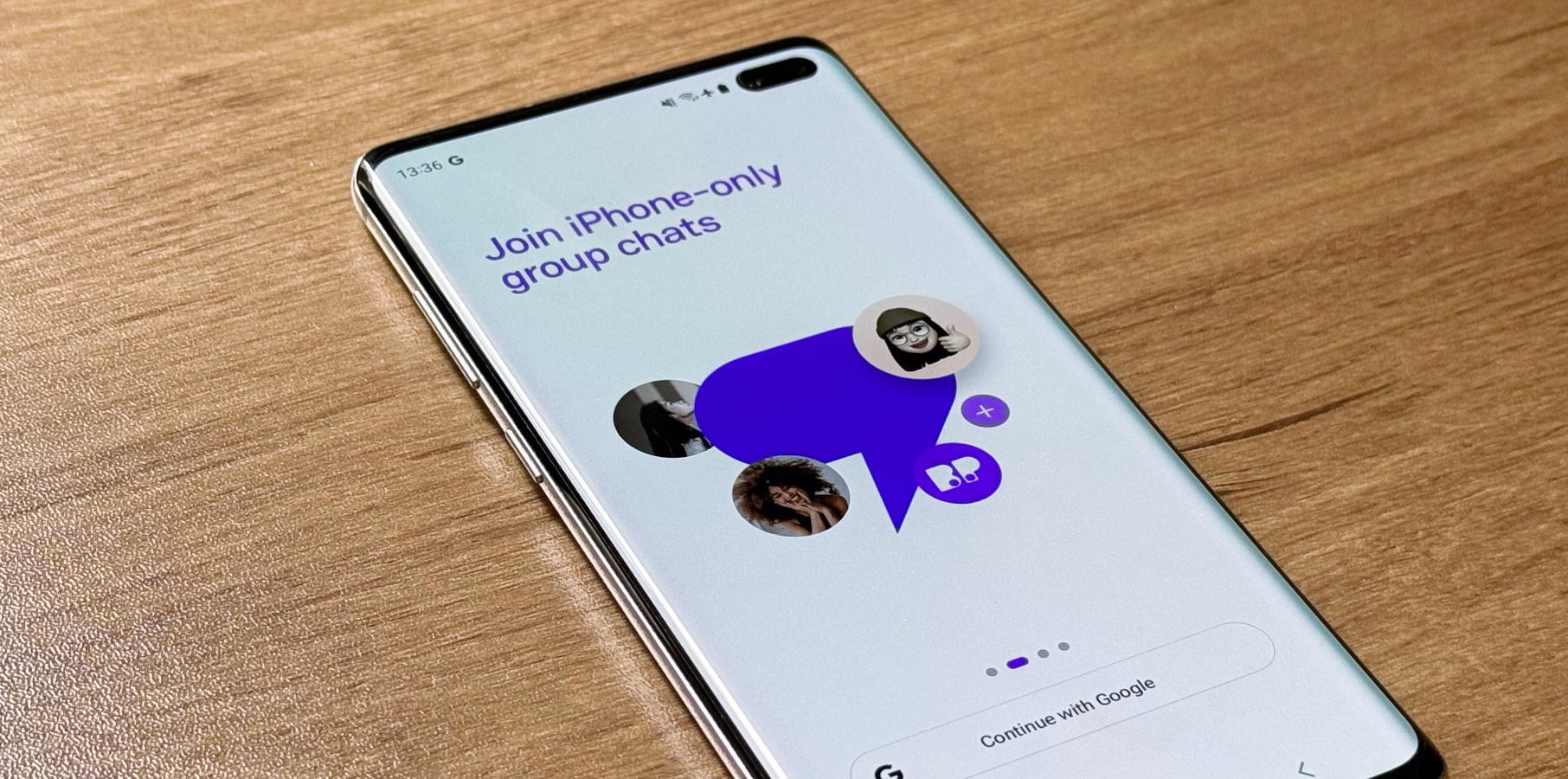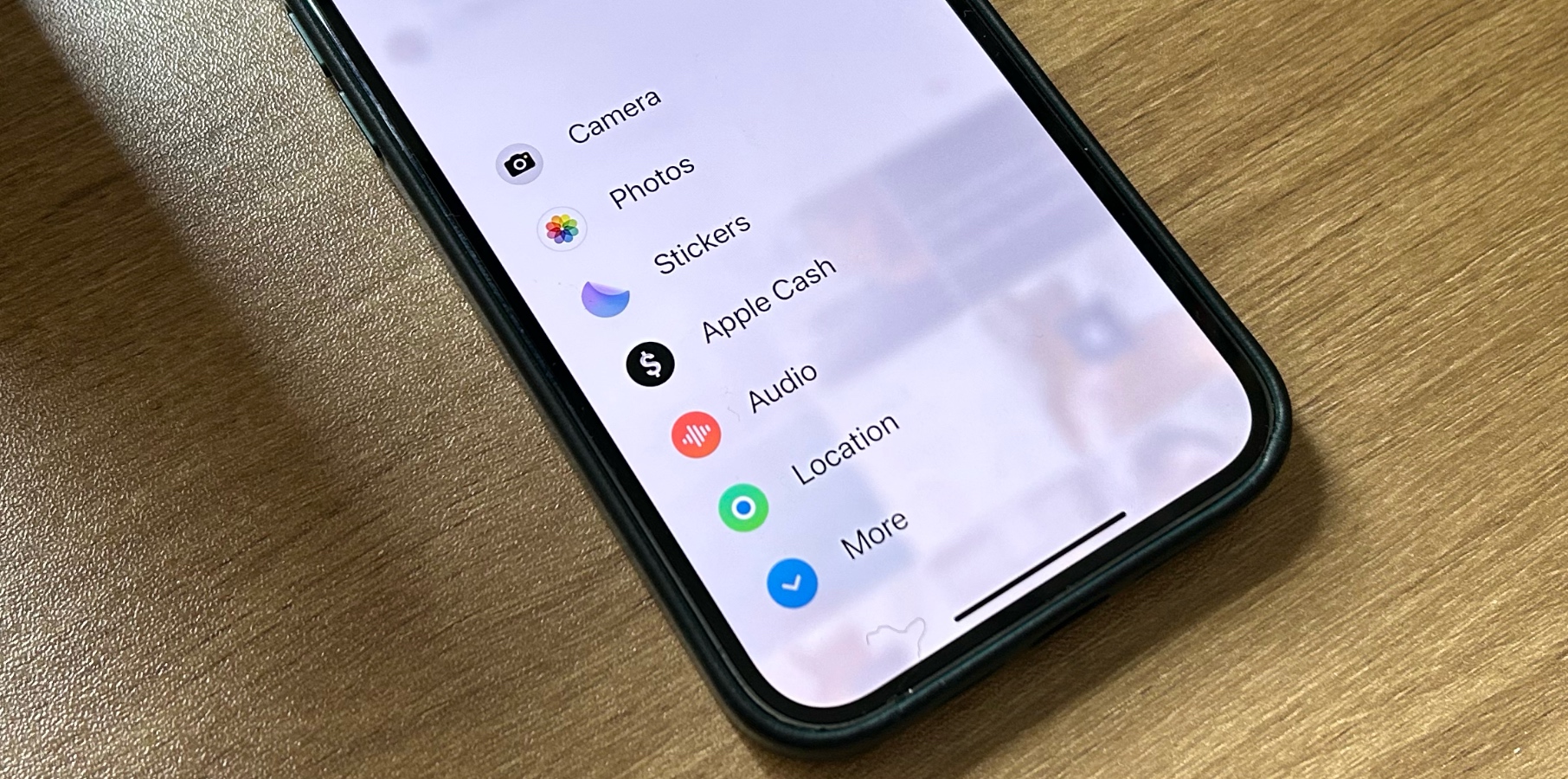The EU’s Digital Markets Act (DMA) law is about to change the tech landscape in ways that other markets can only dream of, or dread, depending on who you ask. Features like iPhone sideloading and chat app interoperability are coming in early March, but I won’t be touching them.
That’s right — I might be an EU citizen, but I don’t appreciate what legislators are trying to do with the DMA rules. They might think they’re opening the door to more competition with Big Tech and improving protections for end users. But they’re also complicating things unnecessarily in ways that might hurt the user.
I’ve repeatedly explained why I won’t use iPhone app sideloading the minute it’s available, though I don’t worry about it as much as I did. I worry even less about messaging app interoperability, as I’m certain I’ll never use those features either.
This isn’t about iMessage supporting RCS, the non-Google version of which Apple announced it will support. It’s about messaging services like iMessage working with competing products.
iMessage isn’t a gatekeeper, so Apple won’t open it to competitors. But Meta’s WhatsApp and Facebook Messenger are. Meta will have to open them to competitors in March. But I know for certain that I won’t read your messages in WhatsApp unless they come from WhatsApp on your end. I’d rather get another chat app to talk to you if you don’t want to use WhatsApp.
I prefer standalone chat apps
I might be a longtime iPhone user, but I use WhatsApp more than iMessage. Over here, we don’t have a blue vs. green bubbles problem. We never did. WhatsApp has always been one of the primary choices for talking to Android fans.
I also use it with some of my friends and family members who own iPhones, just as I rely on other platforms alongside WhatsApp for chatting with them. Yes, it can be complicated and messy. But it works.
WhatsApp is also the world’s most important chat app, with over 2 billion users. Hundreds of millions of people must already use it in Europe. Still, Meta has to open it to competitors, and the company confirmed to Wired that it’ll let non-WhatsApp users talk to WhatsApp.

Interoperability won’t be mandatory
The report notes that Meta has been working on the service for about two years. The challenge has been making interoperability easy while maintaining WhatsApp’s end-to-end encryption in place. On that note, Meta will prefer Signal’s end-to-end encryption standard when it comes to other apps looking to work with WhatsApp. But it’ll also let companies use different encryption standards that are at least as secure.
“There’s real tension between offering an easy way to offer this interoperability to third parties whilst at the same time preserving the WhatsApp privacy, security, and integrity bar,” WhatsApp engineering director Dick Brouwer told Wired. “I think we’re pretty happy with where we’ve landed.”
Interoperability doesn’t mean you get a full chat experience between two different services. That’s something I already explained when looking at the DMA chat app requirements. Instead, WhatsApp and Facebook Messenger will focus on non-SMS text messaging and media transfer (images, voice, video, and files). Cross-platform calls and group chats will not be available for a few years.
Thankfully, WhatsApp’s Brouwer confirmed to Wired that interoperability will be opt-in from users. That means chat prompts from other platforms won’t be forced down my throat. That’s how easy it is for me to ignore the feature. I’ll just never turn it on.
“One of the core requirements here, and this is really important, is for users for this to be opt-in,” says Brouwer. “I can choose whether or not I want to participate in being open to exchanging messages with third parties. This is important, because it could be a big source of spam and scams.”

Security and privacy worries
WhatsApp users who do want to enable the feature will get chats from other apps in a different inbox. Despite talk about strong encryption, Brouwer also warned that the “early thinking” about third-party chats is to put them in a separate inbox. “We cannot offer the same level of privacy and security,” he told Wired. That’s not something you want to hear.
The report also notes that companies who want their apps to work with WhatsApp and Messenger will have to ink a deal with Meta. Moreover, Meta will use its own servers to support interoperability. An alternative would be a proxy service between them. The latter isn’t that great, as it might open ways of abuse from hackers.
It’s unclear which chat apps will want to work with WhatsApp or Messenger in Europe. Wired obtained no confirmations from Meta’s rivals. Some might worry that Meta’s interoperability deal requirements would put more pressure on competitors than encourage competition.
Moreover, one Swiss company said it had reasons to worry about interoperability. A Threema spokesperson warned that WhatsApp’s work would not meet its own security and privacy standards.
“WhatsApp specifies all the protocols, and we’d have no way of knowing what actually happens with the user data that gets transferred to WhatsApp—after all, WhatsApp is closed source,” Julia Weis told Wired.
One specific problem with Threema chats is identifying users. WhatsApp relies on phone numbers, while the Swiss company uses randomly generated eight-digit IDs for user accounts. Working with WhatsApp might deanonymize Threema users.
All of this further reinforces my conviction. I don’t need to complicate my life by having a single app, like WhatsApp, work with any third-party messaging app out there. In the process, I might protect the privacy of those who want to take advantage of interoperability.

Do real users want it?
Hopefully, real-life implementations will help EU legislators realize how much of a nightmare interoperability can be.
The worst part is that not even WhatsApp knows how much interoperability demand will be once the feature rolls. They’re building these systems because the EU is forcing them to. Brouwer acknowledged that interoperability will also hinder the development of future features as companies work at different speeds. In turn, this might cause security and privacy issues down the road. The full Wired article is available at this link.

